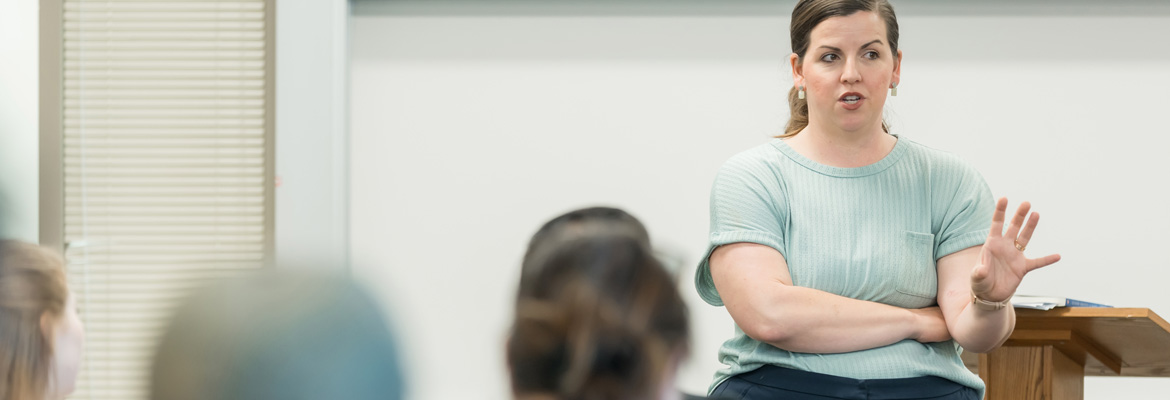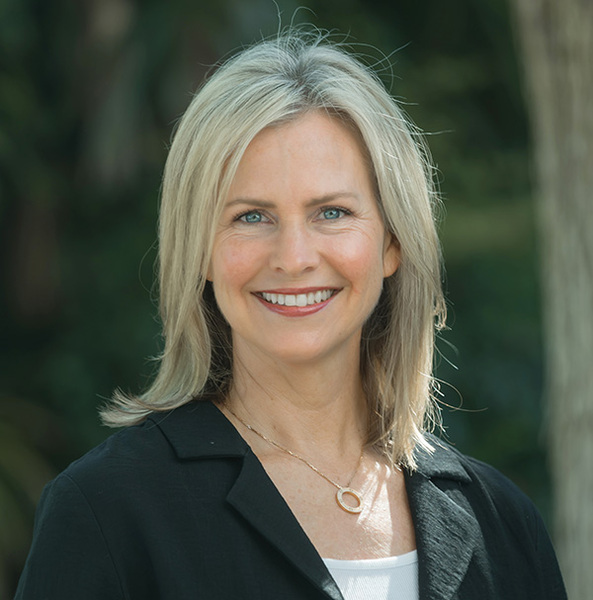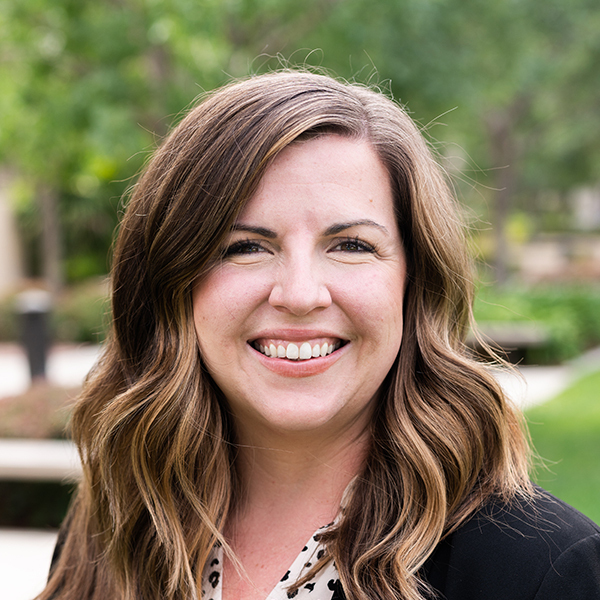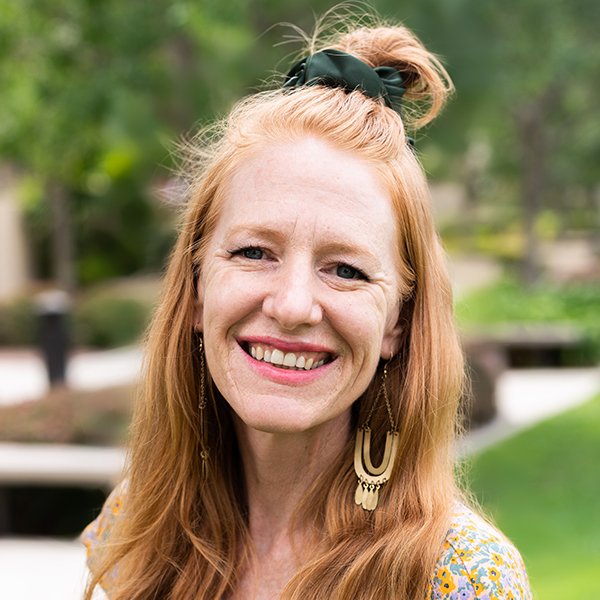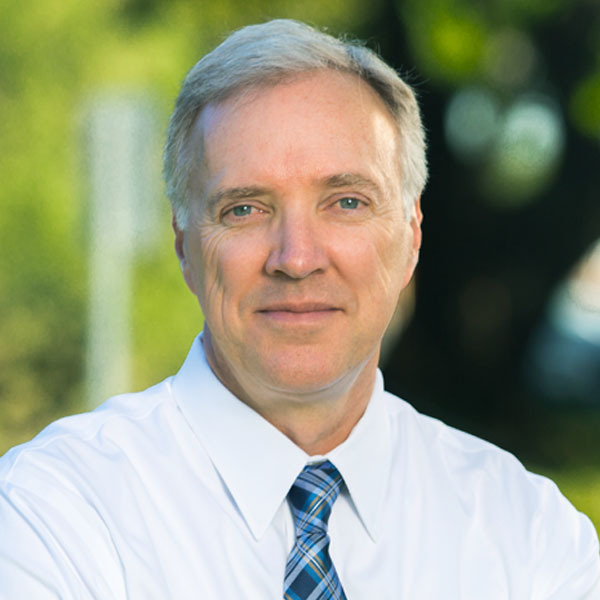M.A. in Marriage and Family Therapy
Overview
The ability to expertly hold people’s stories — to create safe spaces for navigating experiences and relationships — can have a lasting impact on individuals, families and entire communities. The Master of Arts in Marriage and Family Therapy (MFT) empowers students with the clinical skills, spiritual foundations and self-knowledge necessary to guide clients toward healing and relational restoration. You’ll become an ethical, culturally sensitive and licensable marriage and family therapist equipped to serve in both Christian and secular settings.
- Prioritizes the Formation of the Therapist. As a Christ-centered MFT program, we want to further and bless God's kingdom by prioritizing the formation of the marriage and family therapist. The student’s formation in the Spirit through the guidance of this program is prioritized such that their impact in the world, their community and the local church is a truly kingdom impact. We are deeply invested in our students gaining theoretical knowledge, clinical mental health skills, professional development as a marriage and family therapist, and humility to resource and refer appropriately. We see the formation of the marriage and family therapist being akin to the tree beside the streams of living water, deeply rooted in their faith and identity in Christ Jesus, and also flexible enough to be responsive and patient, a patience that trusts abiding in Christ produces fruit within season (Psalm 1).
- Year-Long Internship. In addition to learning from faculty with decades of experience in teaching and counseling, you’ll accrue 300+ practicum hours with clients. Supervision by licensed mental health professionals at your internship and by program faculty will refine your skills and promote your growth as a therapist.
- Biblical Integration. We are created in the image of a relational God — a reality that grounds our approach to counseling at Talbot School of Theology. Throughout every course, you’ll encounter rich integration of faith, theory and practice that will make you a more well-rounded, compassionate counselor.
- Personal Development. Thorough self-knowledge is essential to being an effective counselor. Engaging in spiritual direction through Talbot’s Institute for Spiritual Formation and in personal psychotherapy with a licensed clinician will allow you to explore your experiences, social locations and relationship with God.
- Intercultural Experience. Southern California is home to people with widely varied experiences, beliefs and backgrounds. You’ll develop intercultural competence by working with families from underserved backgrounds and studying the ways in which race and ethnicity, socioeconomic status, gender, and sexuality shape experience and counseling best practices.
- Cohort Community. Create formative friendships and professional connections within your cohort of thoughtful, growth-oriented individuals. Progressing through the program in a built-in community will give you the opportunity to process and connect.
- Prepare for California State Licensure. The MFT program is in alignment with current California licensure requirements. We prepare students for licensure within the state of California, and we assist students in the licensure process for other states by providing them with resources and state specific requirements.
For more reasons to choose Talbot School of Theology for your education, see the Why Talbot? page.
Professional Licensure
Please visit the Professional Licensure page to see the states for which Biola University meets the educational requirements for the professional licensure program you are interested in.
